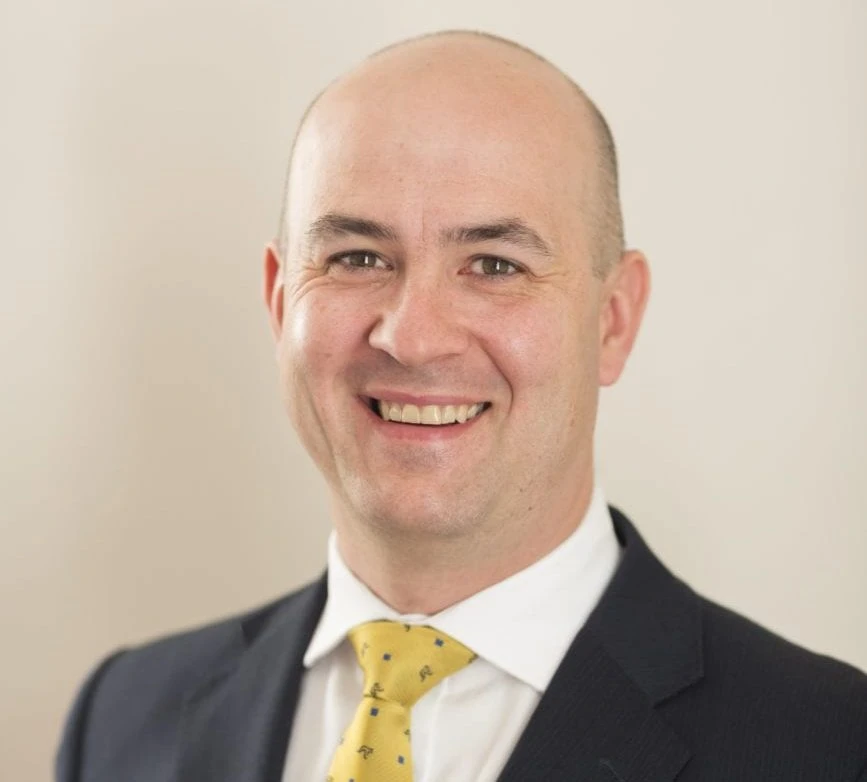Gambling Commission chief calls for greater international cooperation

In a speech delivered at the ICE World Regulatory Briefing, Rhodes said gambling authorities must do more to share practices, understandings and outcomes with the target of improving regulation and reducing problem gambling.
Rhodes said he hoped collaboration could lead to joint investigations and joint action against operators who fail to meet the standards expected in regulated markets.
Rhodes said: “Many of the operators we deal with in Great Britain will be the same as those dealt with in other jurisdictions. Things that are not being done well here are likely to be issues in other countries too, when you consider these are multinationals.
“The gambling industry has been consolidating for some time. In Great Britain, we are seeing an increasing number of mergers and acquisitions and ever more complex ownership structures. We are not only regulating global tech companies, but often multinationals with huge resources and complex interests and drivers.
“Across markets, across jurisdictions, across cultures, collaboration will need to be a key tool in our work to make gambling fairer and safer for consumers worldwide.”
Rhodes, who joined the Gambling Commission in June 2021, summarised some of the Gambling Commission’s successes in tackling the challenges created by technological innovations such as mobile gambling. These included the banning of gambling via credit cards, strengthened protections for high value customers and making GAMSTOP mandatory for online operators in Great Britain.
However, Rhodes added that more must be done to consider the growth of novel products that could be considered part of the gambling ecosystem, such as cryptocurrency and NFTs.
While he did not say that the Gambling Commission should be regulating such products, Rhodes said that it is becoming increasingly complex to judge what it is and is not gambling.
“Language has changed in these products, with talk of ‘investment’ and trading, yet with none of the safeguards or standards those terms should bring with them,” he said.
“We are likely to see more and more integration of these types of products into sport and other areas of lifestyle, as well as the legitimate gambling industry. These are lucrative growth areas, and we ignore them at our peril.
“We are in the process of changing how we regulate and deal with novel products. Many of these products are not gambling as defined by law, and I am not suggesting we should be regulating them, but I am suggesting we will see this pattern continue and we are likely to see more and more tests of what is and is not gambling, in a way we have not faced before.”
